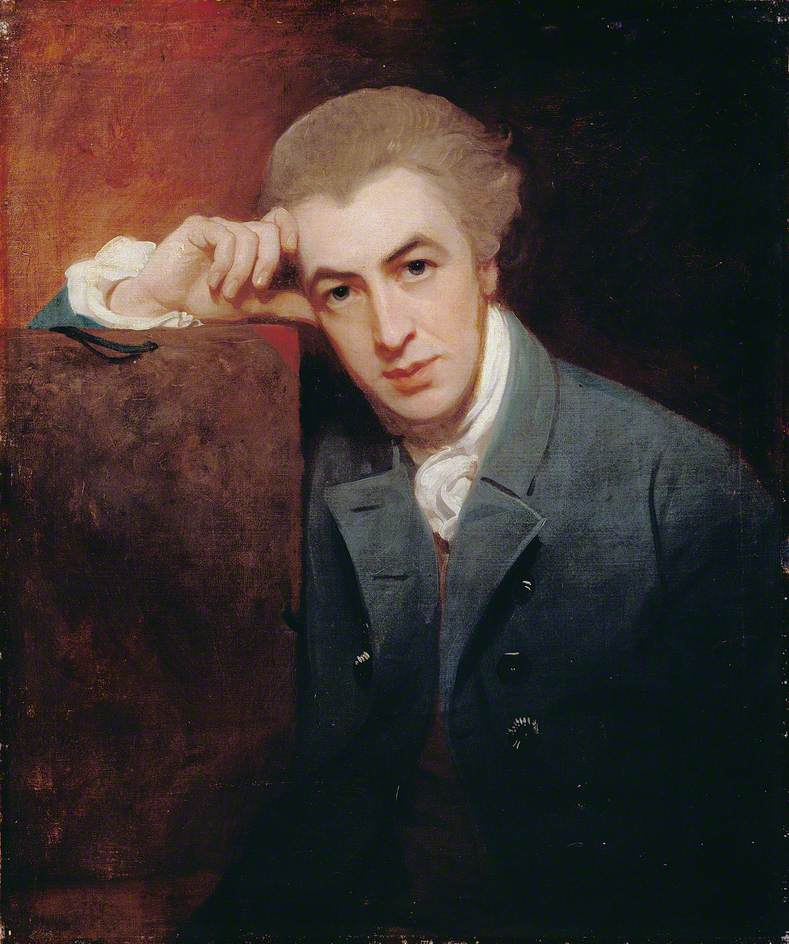Hayley…
- was the first person to publish any of Dante's work in English translation
- wrote one of the late eighteenth century’s bestselling self-help books: The Triumphs of Temper, advising young women on how to attract and keep a husband. Composed in rhyming couplets, it was modelled on Pope’s The Rape of the Lock
- supported and championed writing by women, reputedly praising Mary Wollstonecraft's A Vindication of the Rights of Woman and negotiating book deals for Charlotte Smith
- persuaded William Blake to leave London for Sussex, and probably saved his life by providing both financial and personal support before and during his trial for sedition – a capital offence. He also provided inspiration (but not in the way he hoped) for Blake's prophetic poetry
- turned down William Pitt's offer of the poet laureateship in 1790 because of "the absurd duties annex’d to the office" and "the very shattered state of my own Health & Faculties"
- was an amateur doctor with an active and practical interest in the relationship between creativity and mental illness, who provided medical assistance to the villagers around his home in Eartham and both supported and attempted to cure William Cowper, George Romney and Joseph Wright of Derby of their mental health problems. He had much less success with his wife Eliza's "marvellous mental infelicities".
- was an early adopter of medical technologies: particularly the "electrical machine" and the cold shower bath
- had an interesting personal life: whilst supportive of women professionally, his behaviour in his most intimate relationships with his wives Eliza and Mary (Wellford) and the mother of his child (Mary Cockerell) wasn't as blameless as his Memoirs show he'd like us to believe
- was a consumate networker who understood that by assisting and advancing the careers of his friends, he would also do no harm to his own
- was realistic about the extent and limitations of his own talents
- was probably instrumental in saving the manuscript of Christoper Smart's Jubilate Agno
"regarded this manuscript by the demented Smart as a fair specimen of the nature of poetic insanity, and therefore of some value when they were dealing with Cowper, who had been attacked by the same disease."Some twenty years on, I'm still fascinated by him, his relationships and the way he worked.
Happy 270th birthday, William Hayley.

No comments:
Post a Comment